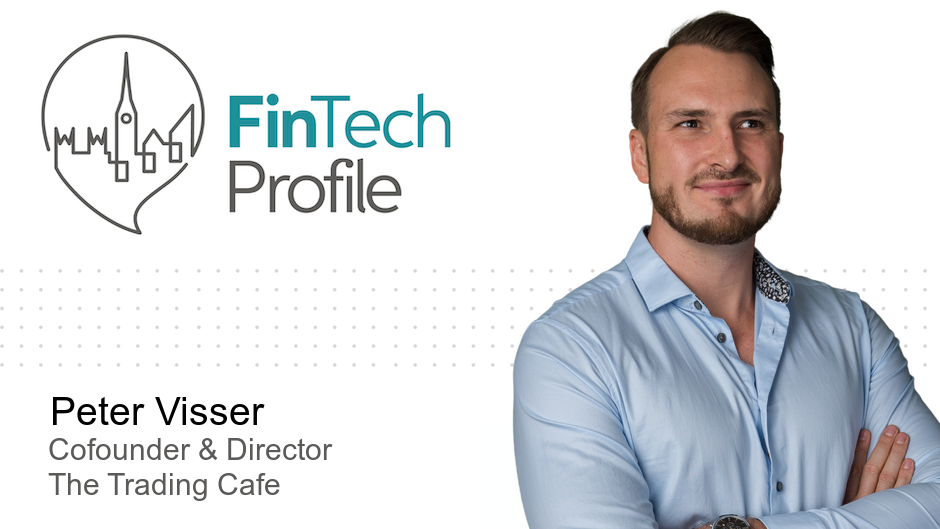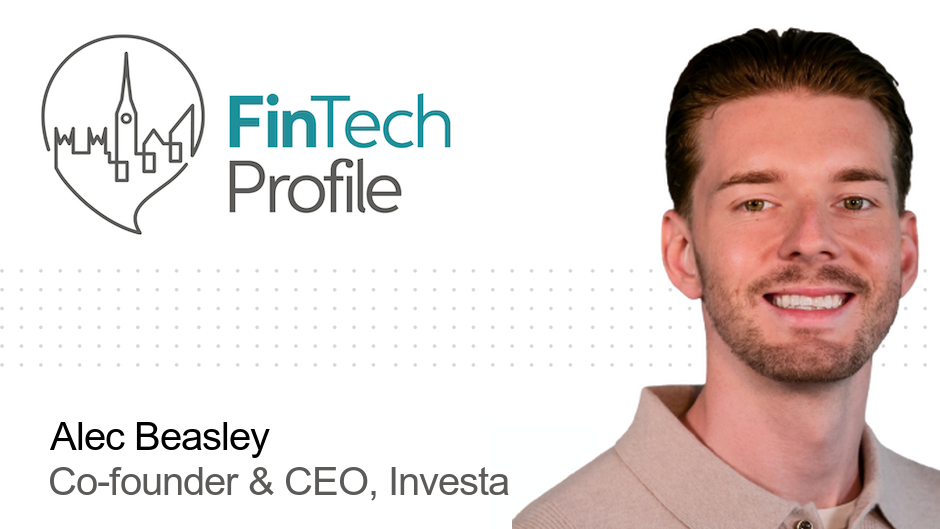Peter Lord of Codat


Today we talk to Peter Lord, CEO of Codat, which makes integrations with accounting software easy!
Our questions are in bold.
—–
 Who are you and what’s your background?
Who are you and what’s your background?
I’m Peter Lord, CEO and co-founder of Codat. I was at MarketInvoice for 4 years before starting this company in January, with two mates who worked there as well. There I spent time in the Product team and as an engineer. Before that I was at Credit Suisse. I went to Southampton for university – started off reading Geography, but very glad that I switched to Computer Science.
What is your job title and what are your general responsibilities?
I’m the CEO and one of the founders – that simply means I’m the team member with the most direct responsibility for the product. I spend about 50% of my time coding, and the rest meeting with clients and their users to understand how we can make our product better.
Can you give us an overview of your business?
Codat makes integrating with accounting platforms easy. We offer an online portal and API for software and financial providers to integrate with the underlying accounting data on their customers. We standardise the data flowing from and to each accounting platform and present it in a standard format, so it doesn’t matter whether the end user business is using Quickbooks or Sage.
The goal is that it should take one developer less than a week to get integrated with us, compared to the mammoth task of integrating with each different accounting platform which (as we personally know), takes a very long time.
Tell us how you are funded.
Essentially bootstrapped until now – we’ll do a bigger round in the summer from angels.
Why did you start the company? To solve what problems?
Customers increasingly expect to receive integrated experiences from the various products they use. For example, our Slack channel has loads of different integrations that make it far more useful to us and often a pleasure to work with.
In comparison, financial products for businesses are extremely unconnected. So many products operate in individual silos, requiring businesses to spend so much manpower and time in manually collecting and sending data in order to fulfil simple business functions.
Accounting platforms are increasingly opening up APIs for companies to leverage their own data. However, the cost, time and complexity for financial providers to build an integration with each accounting package makes it difficult to justify the investment – we simplify this process for them.
Having seen the problem while trying to build these integrations ourselves while in-house at a lender, we knew that this work was being duplicated by many different businesses. We set up this company to make building integrations a no-brainer for financial providers.
Who are your target customers? What’s your revenue model?
We work for a variety of different sectors – basically anyone who can add value to their product by building closer integrations with their customers’ own in-house systems.
We’ve been surprised by the breadth of the clients who have come to us – debt collection software providers, e-invoicing portals, term lenders, banks, tax filing software.
Our clients have come up with pretty innovative products based on our system. Automated cashflow forecasts, credit insurance on individual invoices and instant loan pricing. We’re excited to see what other uses for this data people will come up with in the next few years.
If you had a magic wand, what one thing would you change in the banking and/or FinTech sector?
I’d like to see more acceptance on both sides – fintech companies often don’t have enough respect for traditional players and their experience, while some banks continue to dismiss fintech and the impact it’s having on the market. There’s space for a happy medium.
What is your message for the larger players in the Finance industry?
If I was speaking to the CIO of one of the big banks, I’d tell them to actively embrace PSD2 – it’s the customers’ data, not yours.
What phone are you carrying and why?
My phone. Because it’s mine.
Where do you get your industry news from?
Financial Times and Hacker News.
Can you list 3 people you rate from the FinTech sector that we should be following on Twitter?
Stevie Graham, CEO of Teller, a product similar to Codat but for bank accounts – @stevegraham
Pascal Bouvier, Santander Innoventures – @pascalbouvier
What’s the best FinTech product or service you’ve seen recently?
I’m a big fan of ComplyAdvantage – they’re using machine learning to combat terrorist financing, building a huge dataset.
Finally, let’s talk predictions. What trends do you think are going to define the next few years in the FinTech sector?
Open data and PSD2 – it’s a real gamechanger.
Our thanks to Peter for answering our questions today. To find out more about Codat, visit their web site: www.codat.io or reach out to Peter via Linkedin.
If you would like to receive email updates whenever we publish, sign up to our Newsletter. You can unsubscribe at any time and we will never use your email for anything else.
If you’ve any suggestions for hot FinTech companies (startup, or established ventures) that we should be profiling, or have an opinion piece to offer, or a FinTech related event you’d like to tell us about, have a look here for more details.




